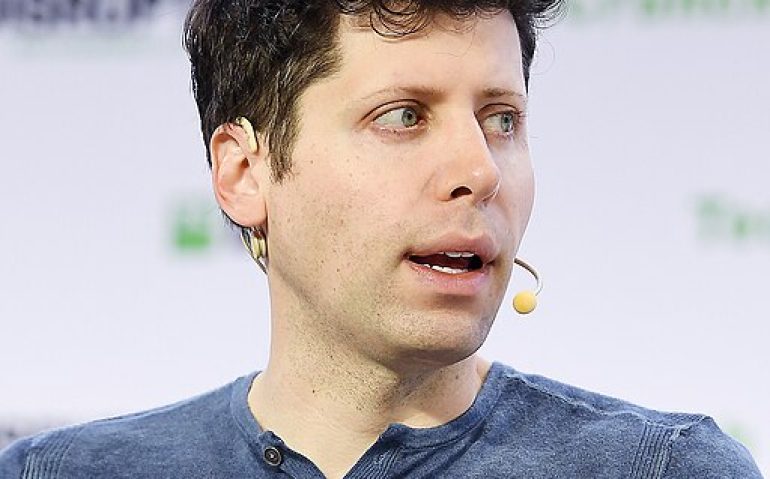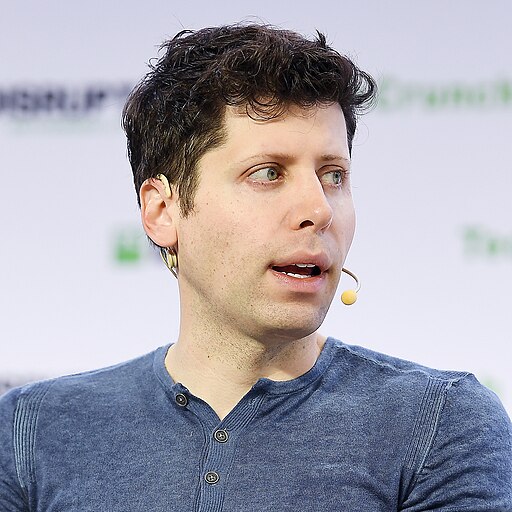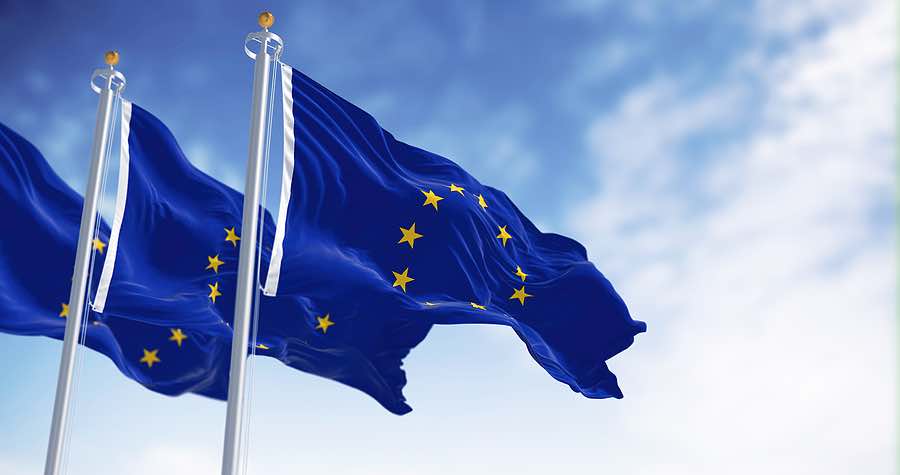OpenAI CEO Sam Altman recently issued a warning about the “existential risk” that artificial intelligence (AI) poses to humanity during a visit to the United Arab Emirates. He called for the establishment of an international organization, similar to the International Atomic Energy Agency (IAEA), to oversee and manage AI technology.
Altman’s global tour focuses on discussing the future of AI, its potential benefits, and the need for addressing the risks associated with its development. OpenAI’s ChatGPT, a chatbot that offers essay-like responses to user prompts, has garnered significant attention for its capabilities. Microsoft’s $1 billion investment in OpenAI further highlights the importance of the technology, while simultaneously raising concerns about the possible risks and ethical implications of AI. Hundreds of industry leaders, including Altman, have signed a letter urging the international community to prioritize addressing these risks.
Drawing a parallel with the IAEA, Altman emphasized the critical role of global collaboration in establishing safeguards around AI technology. He acknowledged that although AI is not currently dangerous, it has the potential to quickly become so if not managed carefully. This underscores the importance of creating sound regulatory frameworks and guidelines to ensure the safe and ethical development of AI.
The European Union has been proactive in addressing these concerns, working towards an AI Law that could potentially set global standards for AI regulation. Altman has previously urged the U.S. Congress to recognize the necessity of government intervention in governing AI risks and ensuring responsible innovation.
However, the context of the UAE’s approach to AI raises questions about the implications of AI deployment in a country with tightly controlled speech and extensive surveillance practices. The UAE government’s monitoring of activists and journalists could affect the flow of accurate information required for AI programs like ChatGPT, potentially leading to biased or skewed outcomes.
Despite these concerns, Andrew Jackson, CEO of the Inception Institute of AI, which has ties to the UAE’s national security adviser, emphasized the UAE’s central role in AI regulation globally. Speaking at an event in Abu Dhabi, Jackson described the country as a “political powerhouse” and suggested that it will play a crucial part in shaping the future of AI governance.
As governments and organizations around the world grapple with the implications of AI, striking the right balance between innovation, safety, and ethical considerations is becoming increasingly important. It remains to be seen how international collaboration will evolve to address the challenges posed by this rapidly advancing technology.







